Legitimate defense: Deconstructing the legality of Iran’s retaliation against Israel
By Xavier Villar
Late on Saturday, Iran’s Islamic Revolution Guards Corps (IRGC) launched a barrage of drones and missiles at the occupied Palestinian territories in what was a fitting response to the Zionist regime's attack on the Iranian consulate in Damascus on April 1.
The attack on the consulate resulted in the assassination of seven Iranian military advisors, including two high-ranking IRGC commanders who were in Syria as advisers invited by the Syrian government.
The Zionist attack on the Iranian diplomatic mission in Syria represented a blatant violation of all international conventions, especially the Geneva and Vienna Conventions.
From the Iranian perspective, the lack of condemnation by the UN Security Council of the cowardly attack showed an utter disregard for international law that the same institutions ought to uphold.
In the absence of the UNSC’s condemnation, and the provocative stance adopted by the Israeli regime’s Western allies, Iran had no choice but to respond militarily, within the limits established by international law, to restore its deterrent capability.
Pertinently, the Iranian delegation to the United Nations made it emphatically clear that Iran's response could have been avoided had the UN Security Council condemned the Damascus consulate attack.
“If the UN Security Council had condemned the reprehensible act of aggression by the Zionist regime against our diplomatic facilities in Damascus and subsequently brought its perpetrators to justice, the need for Iran to punish this hostile regime could have been avoided,” it stated on social media.
From a political standpoint, it can be argued that the operation "True Promise" launched by the Islamic Republic falls within the framework of international law, specifically within Article 51 of the United Nations Charter, and within the right to self-defense of any state.
The differences between the Iranian response and the Zionist attack are more than evident. While Israel attacks diplomatic facilities or, in the case of Palestine, the civilian population indiscriminately, Iran, from a rational perspective and within the limits imposed by international law, exclusively targeted military installations in the occupied territories, exercising its right to self-defense.
Within this framework of self-defense, Iran’s mission in Geneva issued a statement in response to the Zionist regime's aggression against the Iranian consulate in Damascus.
It was affirmed in the statement that exercising the inherent right to self-defense under Article 51 of the United Nations Charter, Iran carried out a series of military attacks against targets in the occupied territories, as a response to repeated military aggressions of the Israeli regime.
The attack on the consulate in Damascus was not the first such aggression. The Israeli regime has repeatedly targeted Iranian military officers in Syria in recent months, including Gen. Reza Mousavi in December.
These actions, particularly the attack against the Iranian diplomatic facility, contravene Article 2 of the United Nations Charter and constitute a clear violation of international law.
These attacks have aimed to thwart the attempts of the UN Security Council to adopt the necessary measures to condemn and hold the aggressors accountable.
According to the United Nations Charter on the use of force in international relations, there are two fundamental legal principles:
- The principle of prohibition of the use of force (Article 2, paragraph 4).
- The inherent right to self-defense (Article 51).
According to these principles, states have the right to defend themselves through the use of military force when subject to an armed attack until the Security Council takes necessary measures.
This defense can be individual or collective, but in any case, it must not exceed the necessity limit, must be carried out urgently, and the proportionality of the forces used to repel the attack must be respected.
The military attack by Israel on the Iranian consulate, regardless of violating Syria's national sovereignty and constituting an act of aggression against Iran, can be considered, according to Article 51 of the United Nations Charter, as the primary element of the right to self-defense.
This aggression and violation of sovereignty have led to Iran's legitimate right to defense.
The recourse to legitimate defense, in accordance with Article 51 of the United Nations Charter, is permitted in the event of an armed attack.
The definition of an armed attack can be determined with reference to UN General Assembly Resolution 3314, adopted as the definition of aggression in December 1974.
According to this resolution, the invasion or attack by the armed forces of one entity against the land, sea, or air forces of another entity is considered an act of aggression.
In this sense, Benjamin Netanyahu's regime’s action was deemed an aggressive attack and provided the basis for the exercise of legitimate defense by the Islamic Republic of Iran.
From a military perspective, Operation "True Promise," carried out by the IRGC in coordination with other units of the Iranian army (Artesh), aimed at the Zionist military base of Nevatim, located in the southern Negev Desert.
According to reports, multiple drone and missile attacks were preceded by a series of cyberattacks on the electrical grid and radar systems of the Zionist regime, leading to widespread power outages in the area. The Iranian hacker group "Cyber Av3ngers" released a statement claiming responsibility for the power outages in various parts of the occupied territories.
Around 11:00 PM Iran time, the IRGC’s aerospace division officially launched a military retaliation operation against the Zionist regime, conducting at least four waves of drone attacks.
As reported by Press TV, the first wave included dozens of Shahed-136 kamikaze drones, around 100 units in total, whose flight was also recorded by cameras in Iran and Iraq.
Following the first wave, three more attacks followed at intervals of approximately half an hour, with an estimated total of 400 to 500 drones launched.
The next step in the retaliatory military operation was the launch of a series of cruise and ballistic missiles, which reportedly were accompanied by simultaneous drone and missile attacks by groups from the Resistance Axis in Iraq, Yemen, and Lebanon.
In addition to the aforementioned attack on the Nevatim airbase, Iranian missiles also struck the Ramon airbase, also located in the occupied Negev region.
The proportionality of the Iranian operation, always within the limits imposed by international law on self-defense, was expressed by the top IRGC commander General Hossein Salami, who said "Our operations were limited and solely a response to the Zionist entity's attack on our consulate in Damascus."
He also emphasized that “any reckless response from the enemy will be met with greater firmness and harshness,” a warning that the regime appears to have heeded.
The Iranian response must also be viewed from the perspective of national pride, something that is not in contradiction with the principles of international legality previously mentioned.
Lastly, the "True Promise" operation demonstrated that Israel's self-sufficiency in security and military matters is a myth. It is not capable of facing an attack of such magnitude without external support.
Xavier Villar is a Ph.D. in Islamic Studies and researcher based in Spain.
(The views expressed in this article do not necessarily reflect those of Press TV)
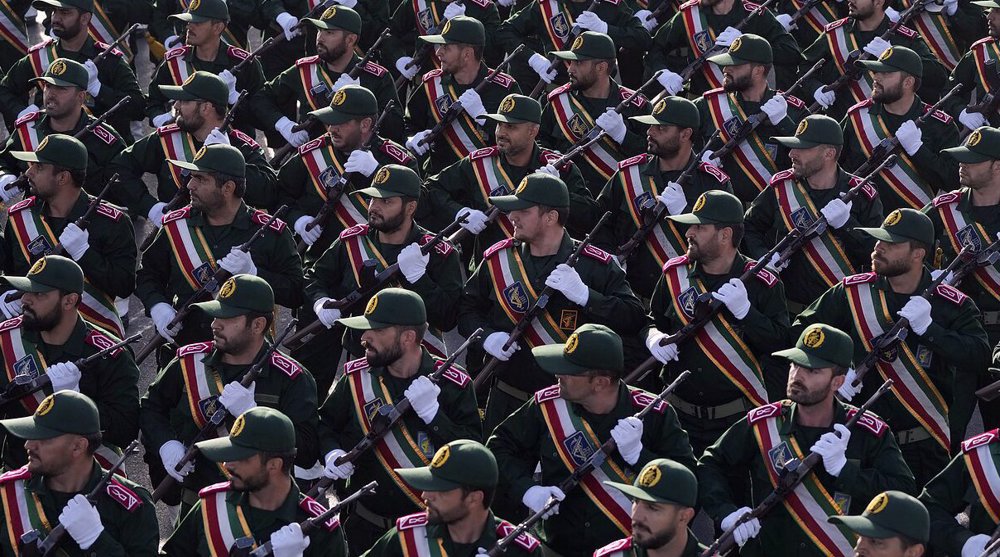
‘Deterrent and defensive’: Armed Forces say IRGC vanquishes any enemy at any level
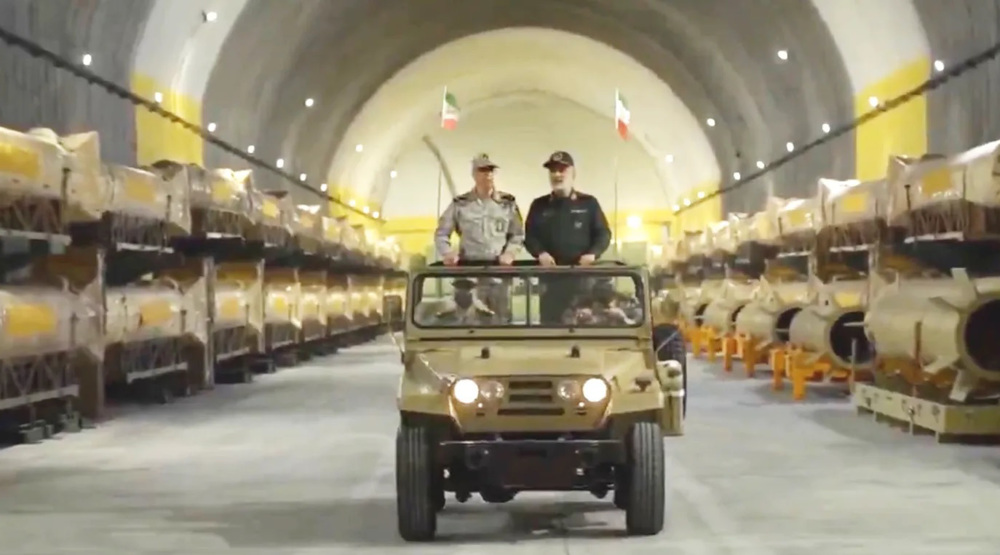
Iranian Armed Forces achieve ‘most sophisticated’ defense technology: Military official
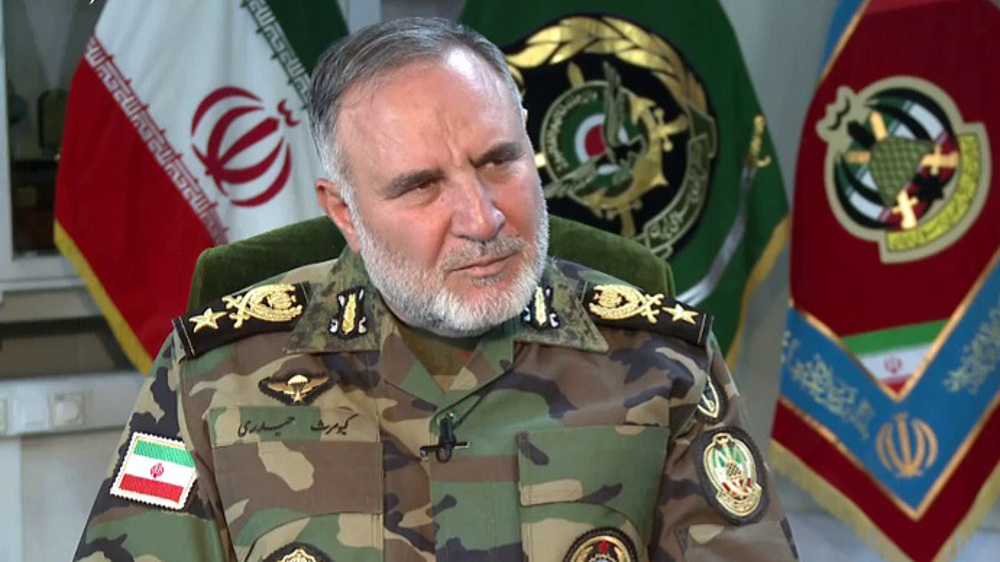
Iran Army possesses ‘ultra-secret, AI-powered’ weapons; enemy has no chance to survive: Cmdr.
VIDEO | Heavy equipment needed to clear rubble destroyed in Israeli strike
Hamas urges global strikes, sit-ins to end Israel’s genocide in Gaza
VIDEO | South Koreans push back on Trump tariffs
UNRWA: Gaza ‘land of desperation’ after 50 days of total Israeli siege
VIDEO | Israel massacres 11 Palestinians in Khan Yunis
IRGC a thorn in the side of enemies; no power dares to threaten Iran: Analyst
Lies unraveled: Ex‑minister says Israel faked Gaza tunnel image to stall truce deal
China says expects ‘in-depth’ talks during Iran foreign minister’s visit


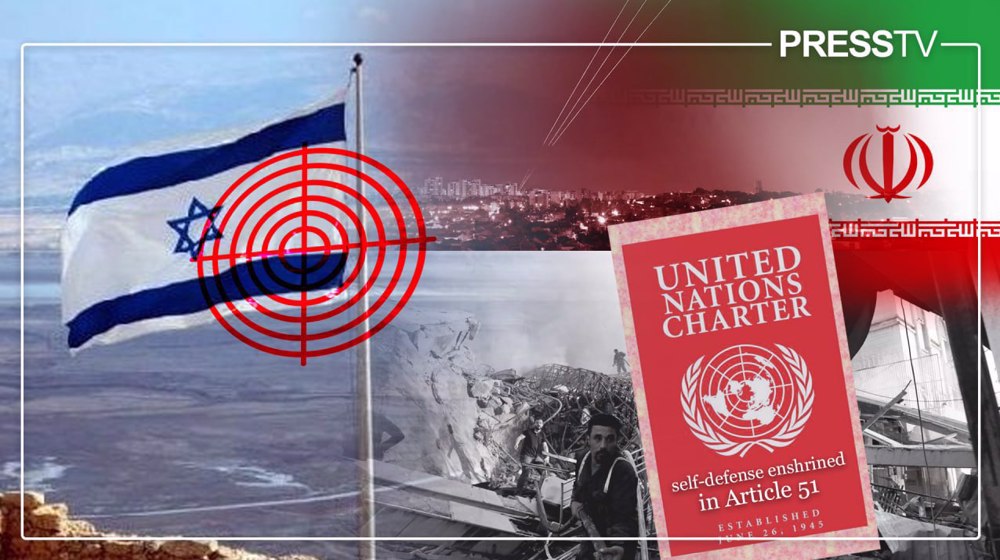
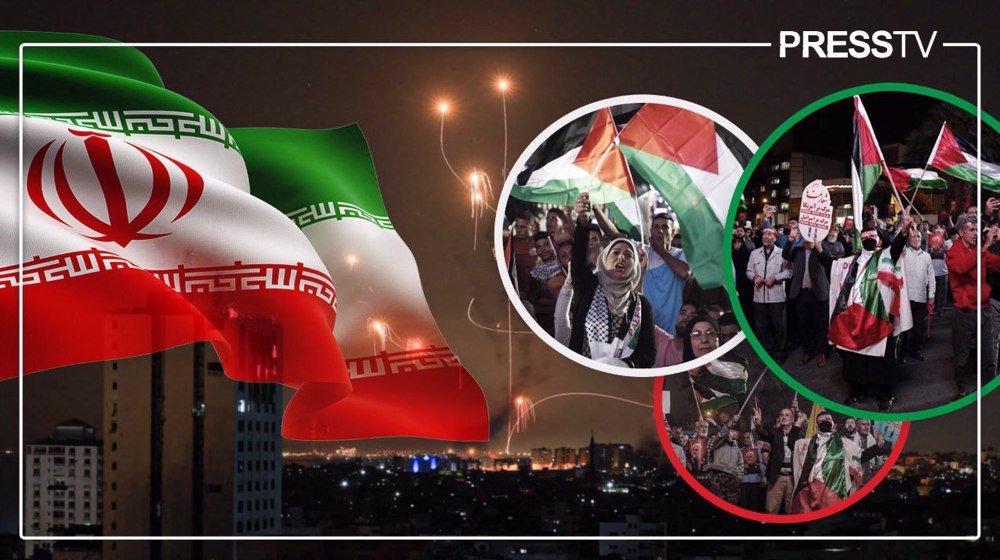
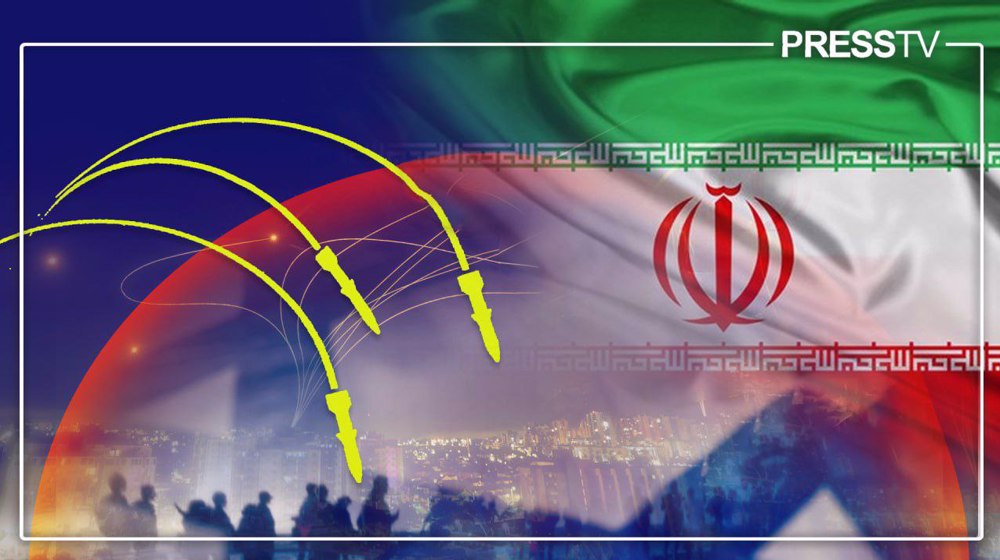




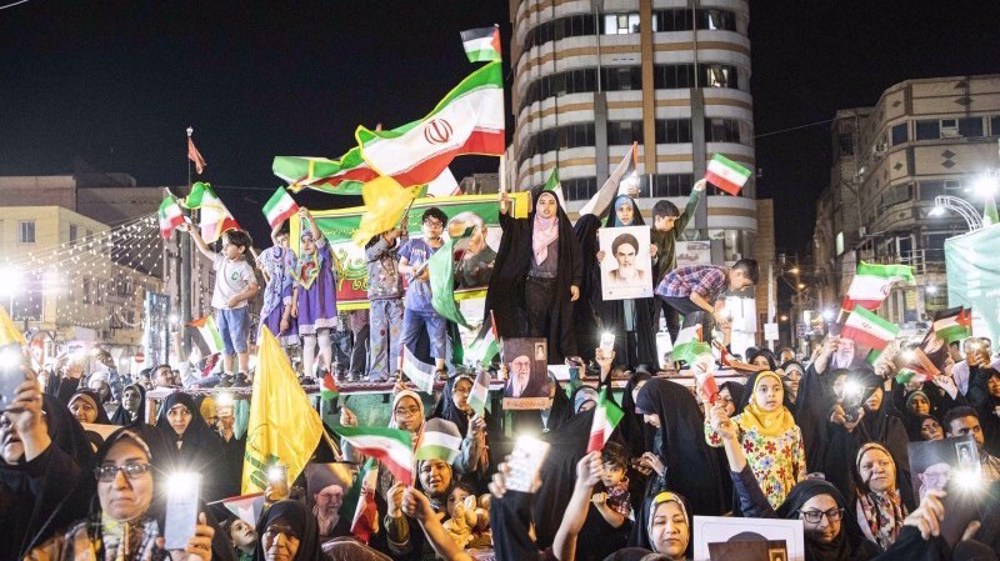
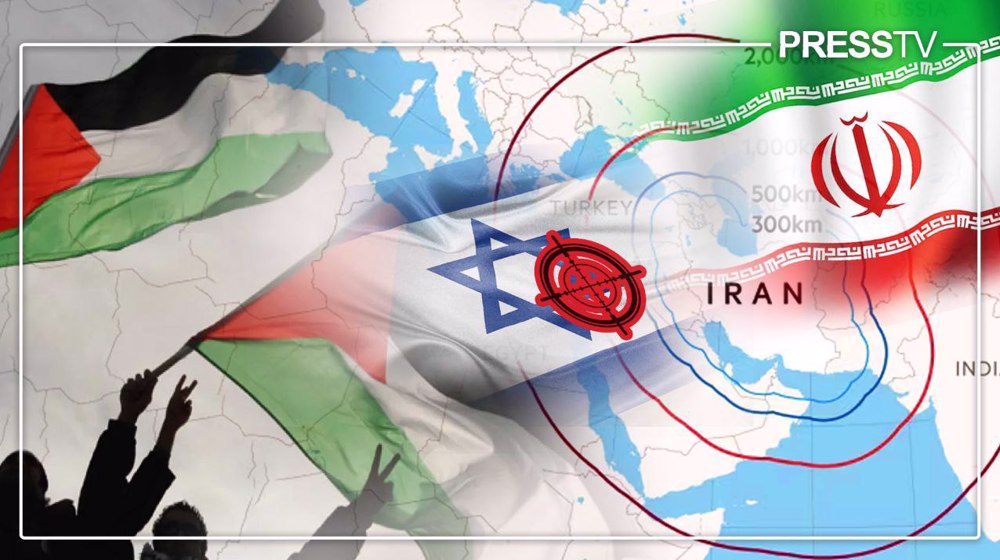
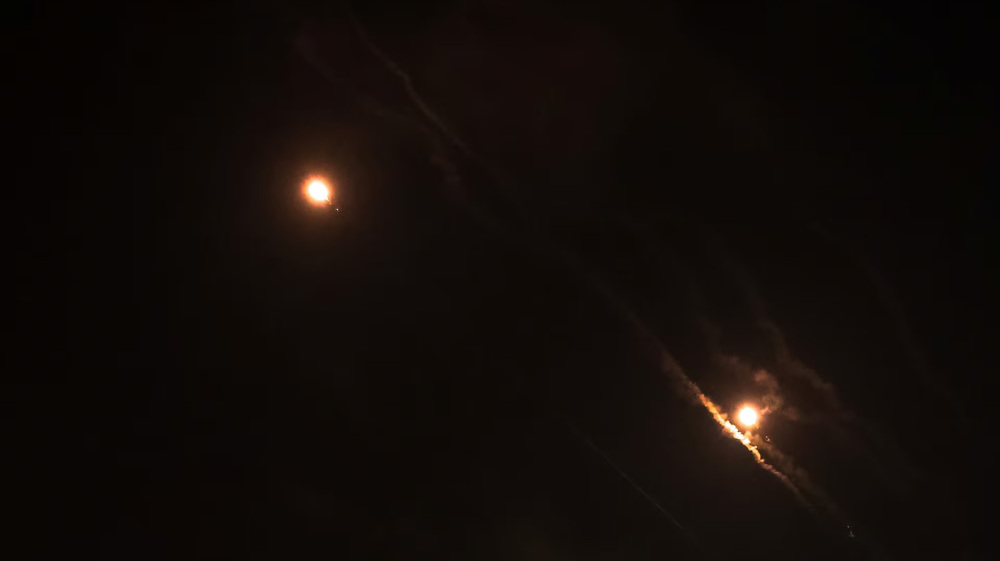

 This makes it easy to access the Press TV website
This makes it easy to access the Press TV website